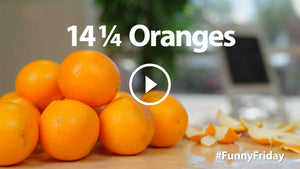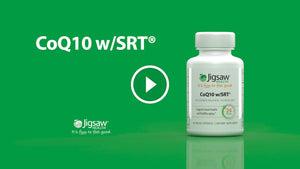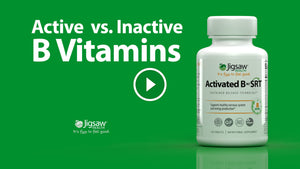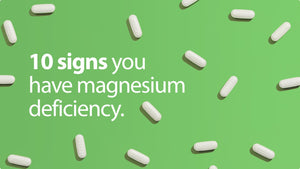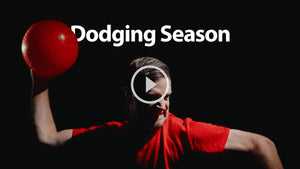The fall and winter seasons bring decreasing hours of daylight and shorter days. During this time, many people cant resist the urge to dig into their favorite carbohydrate-rich holiday foods like loaded mashed potatoes and gravy, sweet potatoes and marshmallows, turkey stuffing, and holiday cookies. It may be reassuring to know that there is a biological reason for the tendency to overeat these foods.
Why Do You Crave Carbs in the Winter?
Natural sunlight converts to vitamin D in the body. Vitamin D is called the hormone of sunlight because it naturally boosts serotonin levels. Adequate serotonin is required for a healthy moodwhich may be why spring offers such a refreshing, happy feeling for most people.
When the body is low in vitamin D due to the decreased sunlight of fall and winter, serotonin levels drop. Low serotonin levels lead to carbohydrate cravings, because the body is seeking other ways to increase serotonin, and one way is through diet.
The Role of Tryptophan in Winter Food Cravings
There are essentially two ways in which tryptophan plays a role in winter food cravings.
- Tryptophan -- an essential amino acid that converts to serotonin via 5-HTP can only come from diet or dietary supplements. So if you're low in serotonin, theres a natural tendency to seek out foods that are high in tryptophan, such as holiday turkey. Eating foods high in tryptophan produces a sense of calm and alleviates mood imbalances, because serotonin levels increase with an intake of tryptophan.
- The production of serotonin is also related to insulin levels. After consuming a simple carbohydrate such as mashed white potatoes, the hormone insulin is secreted. Increased insulin allows tryptophan to more easily cross the blood brain barrier. The brain then converts the available tryptophan to serotonin. That's why many people feel an energy rush after eating holiday candies, cakes, and cookies.
When blood sugar levels drop, the body then craves more simple carbs to increase insulin, and facilitate tryptophan absorption by the brain. Hence, the vicious winter carb addiction begins. If left unchecked, the extreme blood sugar highs and lows from eating simple carbs can lead to insulin resistance, a dysfunction of the bodys cells to accept insulin which is essential for converting glucose into energy.
The Role of Protein
Interestingly, protein blocks serotonin production. So in order to alleviate the mood swings that come with eating simple carbs, here is a valuable tip: always eat protein with carbs. That's why eating cereal and milk, or cheese and crackers has a mood-balancing effect.
Another great suggestion is to eat small portions of seasonal goodies after protein-containing meals or snacks. If you eat sweets on an empty stomach, you'll experience the blood-sugar highs and lows that cause an energy rush -- followed by a crash and burn feeling -- that further triggers the addiction for more sweets and simple carbs.
1
Winter Dietary Recommendations
Always eat protein with carbohydrates, or eat protein shortly before you eat carbs. This will help regulate your blood sugar levels and even out your mood swings. Healthy suggestions include tuna on sprouted, whole-grain bread, rice and beans, or turkey and plain sweet potatoes.
Cited Sources:
1) The Serotonin Connection, Hypoglycemia Association of Australia
http://www.hypoglycemia.asn.au/articles/serotonin_connection.html
Accessed Oct. 2005







